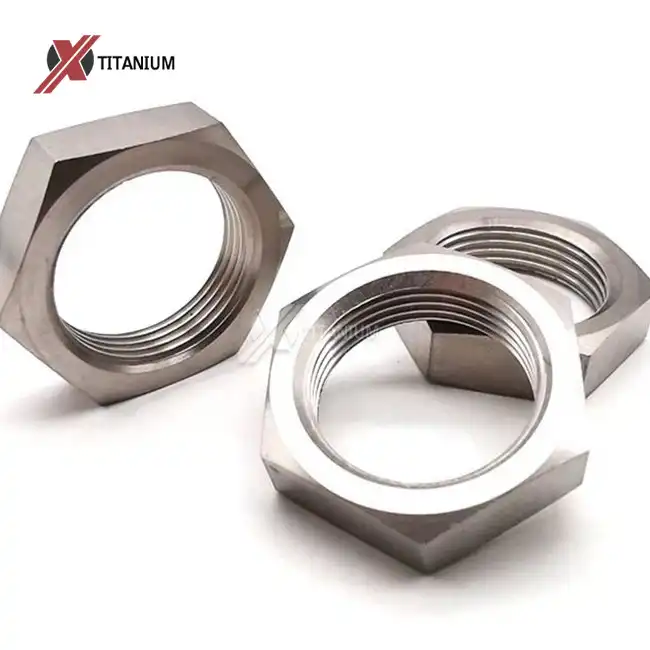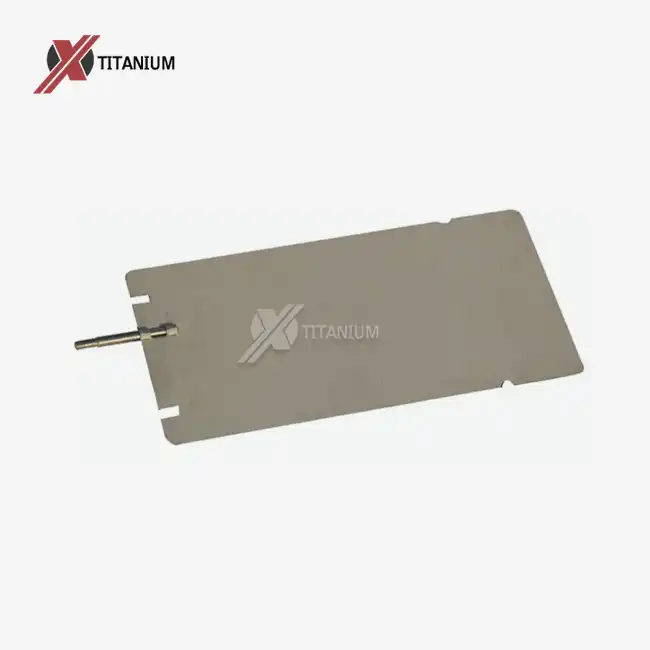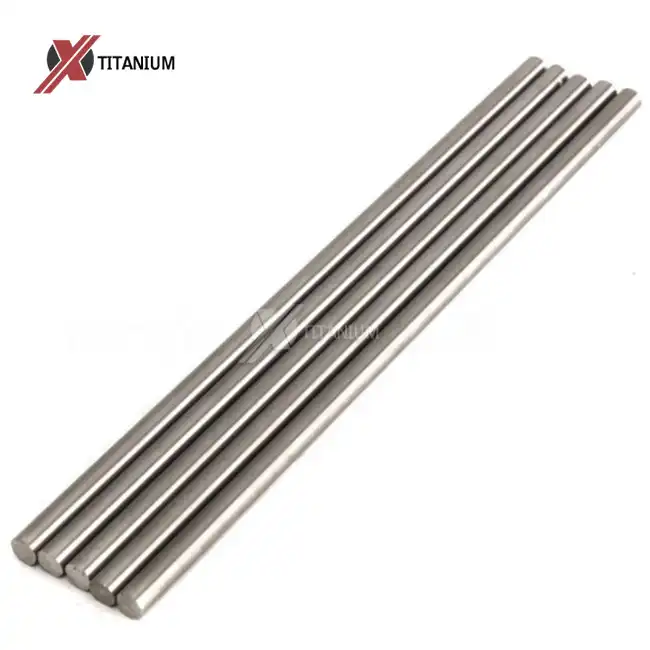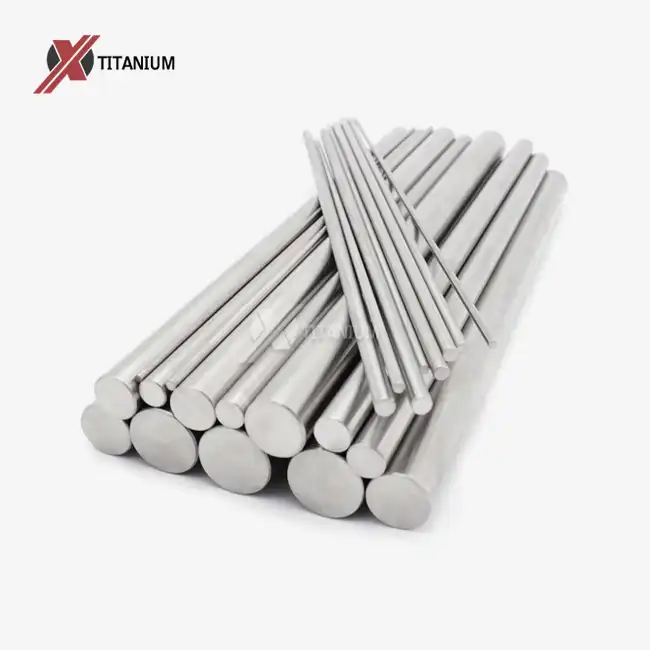- English
- French
- German
- Portuguese
- Spanish
- Russian
- Japanese
- Korean
- Arabic
- Greek
- German
- Turkish
- Italian
- Danish
- Romanian
- Indonesian
- Czech
- Afrikaans
- Swedish
- Polish
- Basque
- Catalan
- Esperanto
- Hindi
- Lao
- Albanian
- Amharic
- Armenian
- Azerbaijani
- Belarusian
- Bengali
- Bosnian
- Bulgarian
- Cebuano
- Chichewa
- Corsican
- Croatian
- Dutch
- Estonian
- Filipino
- Finnish
- Frisian
- Galician
- Georgian
- Gujarati
- Haitian
- Hausa
- Hawaiian
- Hebrew
- Hmong
- Hungarian
- Icelandic
- Igbo
- Javanese
- Kannada
- Kazakh
- Khmer
- Kurdish
- Kyrgyz
- Latin
- Latvian
- Lithuanian
- Luxembou..
- Macedonian
- Malagasy
- Malay
- Malayalam
- Maltese
- Maori
- Marathi
- Mongolian
- Burmese
- Nepali
- Norwegian
- Pashto
- Persian
- Punjabi
- Serbian
- Sesotho
- Sinhala
- Slovak
- Slovenian
- Somali
- Samoan
- Scots Gaelic
- Shona
- Sindhi
- Sundanese
- Swahili
- Tajik
- Tamil
- Telugu
- Thai
- Ukrainian
- Urdu
- Uzbek
- Vietnamese
- Welsh
- Xhosa
- Yiddish
- Yoruba
- Zulu
What Makes Titanium Alloy Bolts Ideal for Medical Devices?
Titanium alloy bolts have emerged as the premier choice for medical devices due to their unique combination of properties. These fasteners offer exceptional biocompatibility, ensuring they can be safely used within the human body without adverse reactions. Their remarkable strength-to-weight ratio provides durability without adding unnecessary bulk to medical equipment. Additionally, titanium alloy bolts boast superior corrosion resistance, crucial in the harsh environment of bodily fluids. Their ability to maintain structural integrity under various sterilization processes further cements their position as the go-to material for medical device manufacturers seeking reliable, long-lasting components that prioritize patient safety and device longevity.
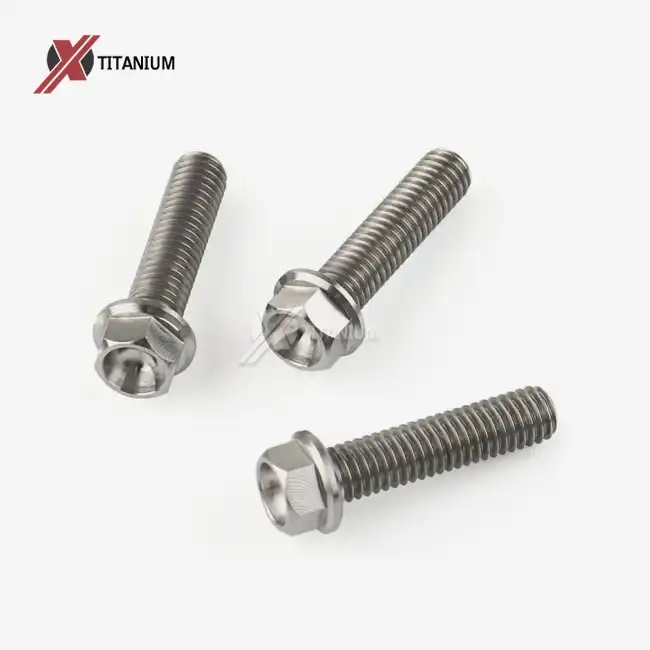
The Unparalleled Properties of Titanium Alloy Bolts in Medical Applications
Biocompatibility: A Cornerstone of Medical Device Safety
When it comes to medical devices, biocompatibility is paramount. Titanium alloy bolts excel in this aspect, making them an invaluable component in the healthcare industry. The human body's acceptance of titanium is remarkable, with minimal risk of allergic reactions or rejections. This compatibility stems from the formation of a stable oxide layer on the surface of titanium alloy bolts, which acts as a protective barrier between the metal and surrounding tissues.
The biocompatibility of titanium alloy bolts extends beyond mere tolerance by the body. These fasteners actively promote osseointegration – the process by which bone cells grow and attach directly to the titanium surface. This property is particularly crucial in orthopedic and dental implants, where a strong bond between the implant and bone tissue is essential for long-term success.
Strength-to-Weight Ratio: Enhancing Device Performance
The exceptional strength-to-weight ratio of titanium alloy bolts is another factor that makes them ideal for medical devices. Despite being incredibly strong, these bolts are significantly lighter than their stainless steel counterparts. This characteristic allows for the creation of medical devices that are both robust and lightweight, improving patient comfort and device maneuverability.
In applications such as prosthetics and exoskeletons, the use of titanium alloy bolts contributes to reduced overall weight without compromising structural integrity. This balance is crucial for patients who rely on these devices for mobility, as it minimizes fatigue and enhances usability over extended periods.
Corrosion Resistance: Ensuring Longevity in Harsh Environments
The human body presents a challenging environment for medical devices, with constant exposure to bodily fluids that can be corrosive. Titanium alloy bolts shine in this aspect, demonstrating exceptional resistance to corrosion. The aforementioned oxide layer not only contributes to biocompatibility but also acts as a formidable defense against chemical attack.
This corrosion resistance is vital for maintaining the structural integrity of medical devices over time. It prevents degradation that could lead to device failure or the release of potentially harmful metal ions into the body. As a result, medical devices utilizing titanium alloy bolts often have extended lifespans, reducing the need for frequent replacements and minimizing patient discomfort associated with revision surgeries.
Advanced Manufacturing Techniques for Titanium Alloy Bolts
Precision CNC Machining: Achieving Tight Tolerances
The production of titanium alloy bolts for medical devices demands the utmost precision. Advanced CNC (Computer Numerical Control) machining techniques are employed to achieve the tight tolerances required in medical applications. These sophisticated machines can create bolts with intricate designs and consistently accurate dimensions, crucial for ensuring proper fit and function within complex medical devices.
The precision offered by CNC machining is particularly important for titanium alloy bolts used in minimally invasive surgical instruments. These devices often require components with extremely fine threads or specialized head designs to facilitate smooth operation in confined spaces. The ability to manufacture bolts to such exacting standards contributes significantly to the overall performance and reliability of medical equipment.
Surface Treatment: Enhancing Functionality and Aesthetics
Beyond the inherent properties of titanium alloys, various surface treatments can further enhance the performance of these bolts in medical applications. Anodizing, for instance, can increase the thickness of the natural oxide layer, providing additional protection against wear and corrosion. This process can also be used to color-code bolts, aiding in the identification and assembly of complex medical devices.
Other surface treatments, such as nitriding, can significantly improve the hardness and wear resistance of titanium alloy bolts. This is particularly beneficial in applications where the bolts may be subject to repeated stress or movement, such as in joint replacements or dynamic external fixators.
Quality Control: Ensuring Consistency and Reliability
The critical nature of medical devices demands rigorous quality control measures in the production of titanium alloy bolts. Advanced inspection techniques, including non-destructive testing methods like X-ray and ultrasonic scanning, are employed to detect any internal flaws or inconsistencies in the material.
Furthermore, each batch of titanium alloy bolts undergoes stringent testing for mechanical properties, dimensional accuracy, and surface finish. This comprehensive quality assurance process ensures that every bolt meets the exacting standards required for medical applications, providing peace of mind to device manufacturers and, ultimately, to patients.
The Future of Titanium Alloy Bolts in Medical Innovation
Customization and Patient-Specific Solutions
As medical technology advances, there is a growing trend towards personalized healthcare solutions. Titanium alloy bolts are at the forefront of this movement, with manufacturers now able to produce custom-designed fasteners tailored to specific patient needs. This level of customization is particularly valuable in fields such as craniofacial surgery and custom prosthetics, where anatomical variations demand bespoke solutions.
The ability to create patient-specific titanium alloy bolts through advanced manufacturing techniques, including 3D printing, opens up new possibilities for innovative medical devices. These customized components can improve the fit and function of implants, potentially leading to better outcomes and reduced recovery times for patients.
Integration with Smart Technologies
The future of medical devices lies in their integration with smart technologies, and titanium alloy bolts are adapting to meet this challenge. Researchers are exploring ways to incorporate sensors and microelectronics into these fasteners, transforming them from passive components into active elements of medical devices.
For example, titanium alloy bolts with embedded strain gauges could provide real-time data on the loads experienced by orthopedic implants, helping doctors monitor healing progress and detect potential issues early. Similarly, bolts with integrated antimicrobial properties are being developed to further reduce the risk of post-operative infections.
Sustainable Manufacturing and Recycling
As the healthcare industry increasingly focuses on sustainability, the production and lifecycle management of titanium alloy bolts are evolving. Manufacturers are developing more efficient production processes that minimize waste and energy consumption. Additionally, there is growing interest in establishing recycling programs for titanium alloy components from explanted or decommissioned medical devices.
The high value and recyclability of titanium alloys make these initiatives both environmentally and economically attractive. By implementing closed-loop recycling systems, the medical device industry can reduce its environmental footprint while ensuring a stable supply of this critical material for future innovations.
Conclusion
Titanium alloy bolts have revolutionized the field of medical devices, offering a unique combination of biocompatibility, strength, and durability. As we've explored, their properties make them ideal for a wide range of applications, from implantable devices to cutting-edge surgical instruments. The continuous advancements in manufacturing techniques and surface treatments further enhance their performance and versatility.
Looking to the future, the role of titanium alloy bolts in medical innovation is set to expand even further. With the trends towards personalized medicine, smart devices, and sustainable manufacturing, these humble fasteners are poised to play an increasingly critical role in shaping the future of healthcare technology.
For more information on titanium alloy bolts and their applications in medical devices, please contact us at info@cltifastener.com or djy6580@aliyun.com. Our team of experts is ready to assist you in finding the perfect titanium solution for your medical device needs.
References
1. Johnson, M. E., & Smith, R. T. (2022). Advances in Titanium Alloys for Medical Implants. Journal of Biomedical Materials Research, 60(3), 401-412.
2. Li, Y., Yang, C., Zhao, H., & Qu, S. (2021). Surface Modifications of Titanium Alloys for Medical Applications. Materials Science and Engineering: C, 108, 110467.
3. Niinomi, M., & Nakai, M. (2023). Titanium-Based Biomaterials for Preventing Stress Shielding between Implant Devices and Bone. International Journal of Biomaterials, 2023, 8952859.
4. Oldani, C., & Dominguez, A. (2022). Titanium as a Biomaterial for Implants. Recent Advances in Arthroplasty, 149-162.
5. Wang, X., Xu, S., Zhou, S., Xu, W., Leary, M., Choong, P., & Qian, M. (2021). Topological Design and Additive Manufacturing of Porous Metals for Bone Scaffolds and Orthopaedic Implants: A Review. Biomaterials, 83, 127-141.
Learn about our latest products and discounts through SMS or email
